
Fundamentals of Liver Disease- Abnormal Liver Tests
- Registration Closed
There is currently an anticipated shortage of trained providers capable of diagnosing and treating different liver diseases. As a result of this increased demand and limited specialists in the field, more and more front line providers are faced with these patients and do not have the experience or resources that will allow them to manage them appropriately.
The overall goal is to improve patient care by increasing learner competence and confidence in both proper patient identification and assessment and increasing learner performance in therapeutic options and on-treatment management strategies for patients. Patient outcomes will be improved as a result of the improvements in more providers understanding these key components in the management and care of patients with liver diseases.
Key topic areas:
Anatomy and Physiology of the Liver
Liver Tests
Acute Hepatocellular Injury
Acute Cholestatic Liver Injury
Chronic Hepatocellular Injury
Chronic Cholestatic Injury
Interpretation of Viral Serologies in Acute and Chronic Hepatitis
Outcomes of Patients with Abnormal Liver Tests
COMPONENTS
Online presentations comprised of PowerPoint slides and accompanying audio and online pre- and post-tests and evaluations:
-8 online interactive, narrated modules 15 to 20 minutes in length
-Pre- and post-test questions for each module
Original release date: November 4, 2016
Expiration date: November 3, 2018
Time to complete each module: 15-20 minutes
Copyright:
All faculty in this activity have given their permission for publication OR
©2016 AASLD
Contact Information
For questions on CE credit for this activity, email Certificate@AmedcoEmail.com
For questions on MOC/CME/CE content or the activity web site, contact education@aasld.org
The Abnormal Liver Tests unit of the Fundamentals of Liver Disease currently does not offer CME, CE, or MOC. This unit is available for viewing purposes only. A newly updated version will be available soon for credits or points. Check back for updates!
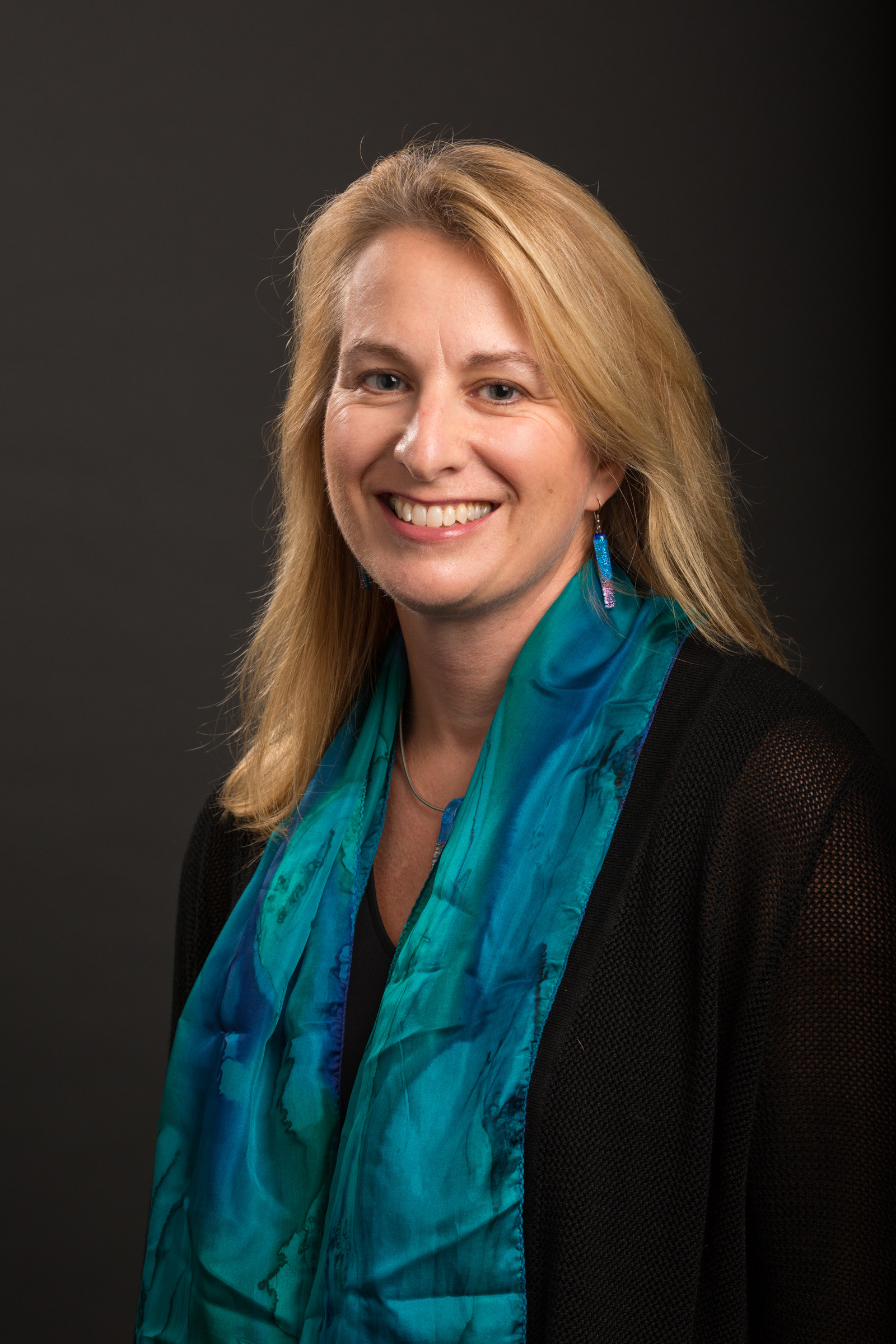
Tamar H. Taddei
Tamar Taddei, MD, FAASLD is an Associate Professor of Medicine in the Section of Digestive Diseases at Yale University and staff hepatologist at the VA Connecticut Healthcare System in West Haven, CT. She directs the liver cancer program at VA Connecticut. She is Associate Director of the MD/PhD Program at Yale School of Medicine. She is a board certified gastroenterologist with a certificate of added qualification in transplant hepatology. Her clinical interests include end stage liver disease, liver transplantation, and liver cancer. She leads the VA Connecticut’s Cancer Care Tracking System Team, a group that has facilitated early detection of cancer and timely access to comprehensive cancer care through innovation in systems of care and technology. She is co-PI of the Veterans Outcomes and Costs Associated with Liver disease (VOCAL) Study Group.
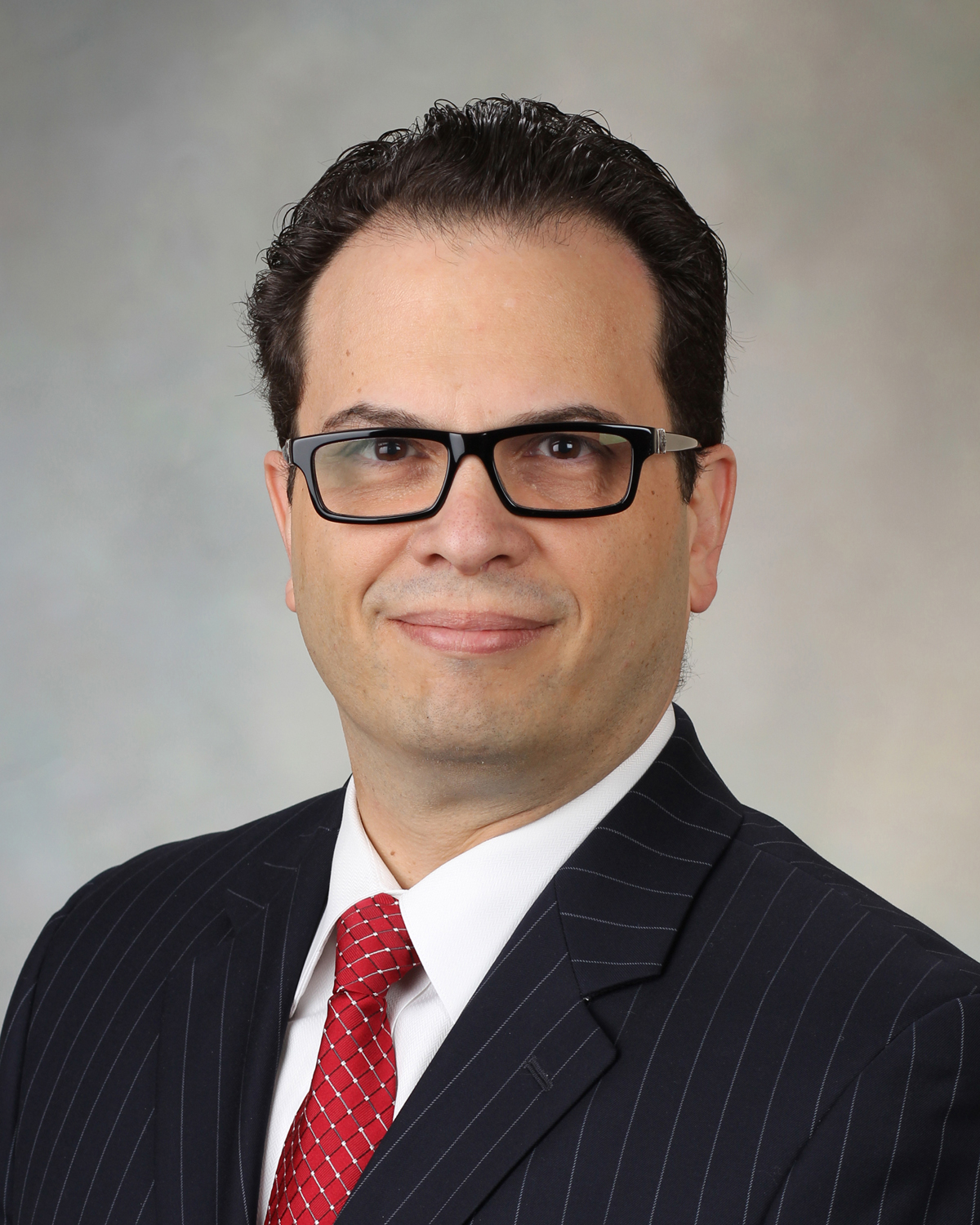
Hugo E. Vargas
Hugo E. Vargas, MD, FAASLD is a Mayo Clinic Consultant in the Department of Gastroenterology and Hepatology and the Mayo Clinic Transplantation Center. He is the Medical Director for the Office of Clinical Research – Arizona, and a Professor of Medicine in the Mayo Clinic Alix School of Medicine. Dr. Vargas is the Chair of the Clinical Research Subcommittee, and the Vice Chair of the Arizona Research Operations Management Team.
Dr. Vargas has authored or coauthored more than 125 peer-reviewed articles. He is a Fellow of the AASLD, AGA, ACG, ASGE and ACP. He has been active in AASLD and has chaired the Annual Meeting Education Committee, Ethics Commiteee and co-chaired the AASLD/IDSA HCV group from 2016 to 2018.
Oren K. Fix
Dr. Oren Fix is the Medical Director of the Liver Transplant Program at Swedish Medical Center in Seattle, Washington, Clinical Associate Professor at the Washington State University Elson S. Floyd College of Medicine, and Associate Provider Informaticist at Providence St. Joseph Health. He is board certified in Transplant Hepatology, Gastroenterology, Internal Medicine, and Clinical Informatics. He is the co-chair for the AASLD COVID-19 Task Force's Clinical Oversight Subcommittee, and serves on the AASLD Nominating Committee, Online Learning Committee, and the GI/Transplant Hepatology Pilot Steering Task Force. He is on the editorial boards of Liver Transplantation and Hepatology Communications. Past service to AASLD includes chair of the Training and Workforce Committee and chair of the MOC Committee.
Victor J. Navarro
Victor J. Navarro, MD, MHCM, FAASLD earned his Doctor of Medicine degree from the Pennsylvania State College of Medicine and completed medical residency followed by chief residency in Internal Medicine at Temple University. Thereafter, he obtained fellowship training in Gastroenterology, Hepatology, and Hepatobiliary Endoscopy at Yale University. In 1994, Dr. Navarro joined the faculty of the Yale University School of Medicine as an Assistant Professor of Medicine and Epidemiology and the Director of its Liver Failure and Transplantation service. He was also the Director of the State of Connecticut Emerging Infections Program Liver Study Unit. His scholarly work while at Yale focused on the population-based epidemiology of chronic liver disease. In 2019, Dr. Navarro earned his Masters in Healthcare Management from Harvard University.
As a mentor, Dr. Navarro has been directly responsible for the scholarly and clinical training of many young and mid-career health professionals and academicians. Dr. Navarro’s chief sources of research funding are the National Institutes of Health as an investigator for the U.S. Drug Induced Liver Injury Network (DILIN), and the Patient Centered Outcomes Research Institute for his study of Palliative Care in Patients with End Stage Liver Disease.
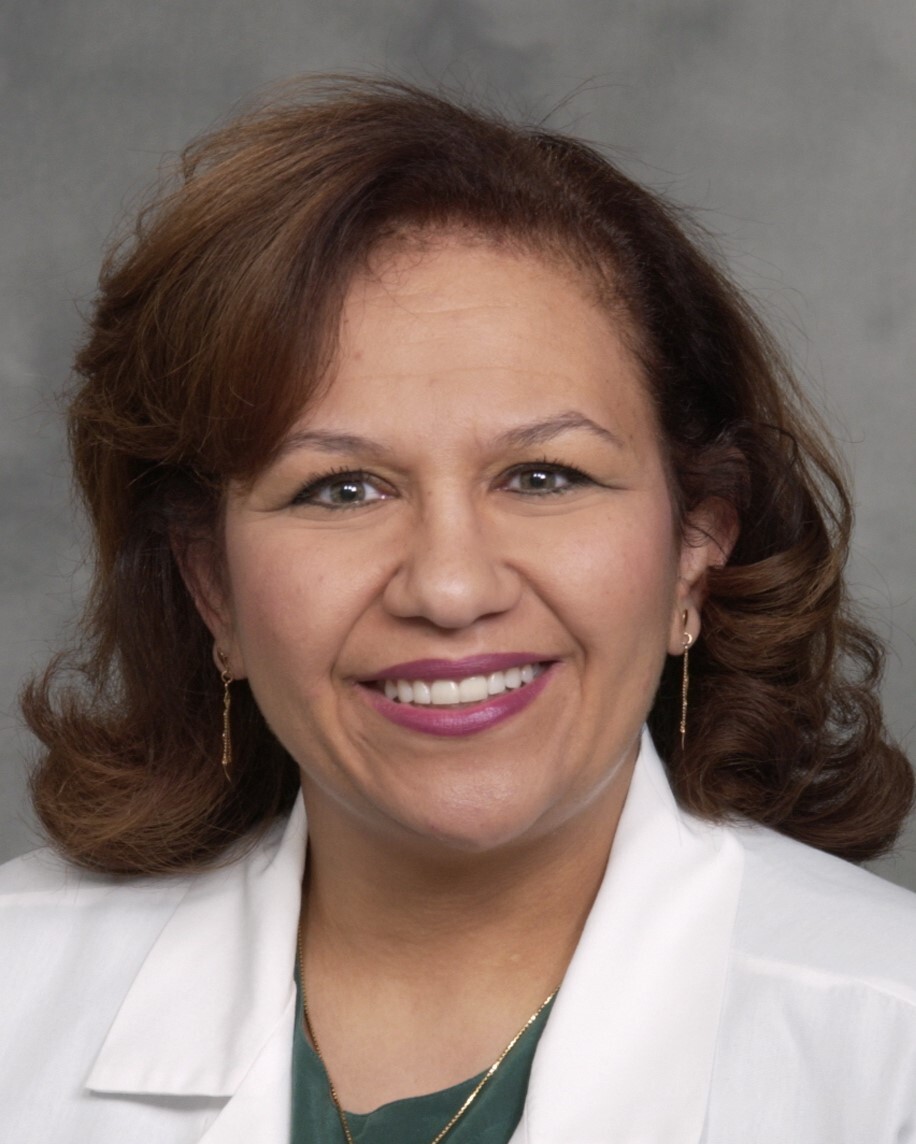
Manal F. Abdelmalek
Manal F.Abdelmalek, MD, MPH, FAASLD is a tenured Professor of Medicine in the Divisionof Gastroenterology and Hepatology and Director of the Nonalcoholic Fatty LiverDisease (NAFLD) Clinical Research Program at Duke University. Since firstreporting on nonalcoholic steatohepatitis (NASH) as a cause of cryptogeniccirrhosis nearly 25 years ago, her clinical and research area of interest hasfocused on NAFLD / NASH, associated risk factors for disease acquisition andprogression and the discovery of novel approaches to treatment. She has expertise in clinical-translationalresearch, the design and conduct of clinical trials, includinginvestigator-initiated, industry sponsored and NIH-funded clinical studies evaluatingnew therapies and biomarkers for NAFLD and NASH. She collaborates extensively to translate newcompounds to first-in-man clinical studies and translate clinic-to-bench andbench-to-clinic research to define pathogenic mechanisms underlying NAFLD acquisitionand progression and new compounds into first-in-man clinical studies. She is the lead Principal Investigator onseveral multicenter global studies, a member of the AASLD Global Outreach andEngagement Committee and past member of the AASLD Clinical Research Committee. Dr.Abdelmalek is a Fellow of American College of Physicians, American College ofGastroenterology and American Association for the Study of Liver Disease. She is a standing member of NASH ClinicalResearch Network (NASH CRN) for the past 15 years, has published more than 200manuscripts and currently serves on the Editorial Board of HEPATOLOGY, theofficial journal of the AASLD.
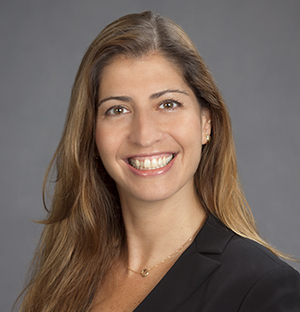
Cynthia Levy
Cynthia Levy, MD, FAASLD is a Professor of Medicine in the Division of Digestive Health and Liver Diseases and is the Associate Director of the Schiff Center for Liver Diseases at the University of Miami. She was awarded the Arthur Hertz Endowed Chair in Liver Diseases. Dr. Levy received her M.D. from Universidade Federal do Rio de Janeiro (UFRJ). She completed house staff training both at her home University and subsequently at University of Miami/Jackson Memorial Hospital, in Miami, FL. Dr. Levy completed her three-year Gastroenterology Fellowship at Mayo Clinic in Rochester, Minnesota, and a one-year Transplant Hepatology Fellowship at University of Florida in Gainesville, FL.
Dr. Levy’s clinical research program focuses on clinical trial development and conduct for autoimmune and cholestatic liver diseases, and in the study of porphyrias. Dr. Levy is a member of the steering committee for the International Primary Sclerosing Cholangitis Study group (IPSCSG) and serves as the Chair for the TARGET-Primary Biliary Cholangitis (PBC) national registry. She is a steering committee member for the Cholestatic and Autoimmune Liver Diseases SIG in AASLD, where she also serves as the vice-chair for the Practice Guidelines Committee. In addition, she advises several patient support groups and Foundations. Dr Levy’s expertise is recognized internationally.

William Proctor
Will Proctor, PhD, DABT is a Senior Scientist and Senior Director of Predictive Toxicology in the Department of Safety Assessment at Genentech, Inc. Prior to joining Genentech in 2013, Dr. Proctor earned his BS in Chemistry from Trinity College and PhD in Pharmaceutical Sciences from the University of North Carolina at Chapel Hill in the laboratory of Dr. Dhiren Thakker with a focus on drug transport and pharmacokinetics. He then performed postdoctoral training at the National Institutes of Health in the laboratory of Dr. Lance Pohl, with research centered on immune mechanisms of drug-induced liver injury (DILI). Will is a board-certified toxicologist and organizational leader with 10 years of experience in investigative and discovery toxicology. At Genentech, Dr. Proctor serves as the Senior Director of Predictive Toxicology, where he oversees the Investigative Toxicology Laboratory, Complex In Vitro Systems Laboratory, and non-clinical safety support for the Small-Molecule Drug Discovery (SMDD) organization. He is also actively involved in several cross-pharma consortia, with leadership roles in the Innovation and Quality (IQ) Microphysiological Systems Affiliate and the Non-clinical Working Group of the IQ DILI Affiliate. In addition to these activities, Will has continued his research in mechanisms of DILI, including identifying and qualifying preclinical tools to better assess hepatotoxicity risk during drug discovery.
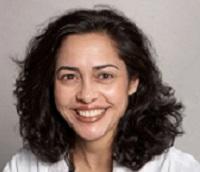
Meena B. Bansal
Meena B. Bansal, MD, FAASLD is currently Professor of Medicine in the Division of Liver Diseases at the Icahn School of Medicine at Mount Sinai, Deputy Chief Medical Officer for Mount Sinai Health Partners, and Vice President, Population Health for Quality and Efficiency. Dr. Bansal attended Harvard University and then Cornell Medical School. She completed her internship and residency at Cornell Medical School and her Gastroenterology Fellowship at the University of Pennsylvania in 2001.
Dr. Bansal joined the faculty at Mount Sinai in 2001 and from 2002-2009 she served as Transplant Hepatology Fellowship Director, leading one of the largest transplant hepatology fellowships in the United States. While remaining clinically active, she developed an NIH-funded basic research program focusing on understanding underlying molecular mechanisms of liver fibrosis and stellate cell biology in an effort to develop novel anti-fibrotic therapies. Her current research interests focus on the impact of HIV on hepatic inflammation and fibrosis. She became the Director of Translational Research in the Division of Liver Diseases in 2013 and has been principal investigator for numerous clinical trials ranging from HCV to NASH. In 2013, she became the Medical Director of all Hospital-based Clinics at Mount Sinai. In this latter role she developed an interest in population health and the challenges of the evolving health care landscape. Over the past 5 years, her focus has also been on building a population health infrastructure that will allow a large academic health system to be successful in value-based care.
Key:
Learning Objective:
· Understand normal liver function and anatomy
· Identify routine liver tests, when to order, and how to interpret results
· Describe most common causes of acute hepatocellular injury and acute cholestatic injury and how to make a differential diagnosis
· Describe most common causes of chronic hepatocellular injury and chronic cholestatic injury and how to make a differential diagnosis
· Describe outcomes for patients with abnormal liver tests
This curriculum was developed for Primary Care Providers and any other healthcare provider interested in liver disease.
DISCLOSURE OF CONFLICTS OF INTEREST
AASLD requires all individuals who are in a position to control the content of an educational activity to disclose all relevant financial relationships with any commercial entity producing, marketing, re-selling, or distributing health care goods or services consumed by, or used on, patients. Disclosures are collected prior to the start of the educational activity. Any potential conflicts of interest that exist are resolved prior to implementation of the activity. All disclosures are made available and communicated to the leaner prior the activity beginning.
The organizers and faculty have reported the following disclosures:
Dr. Tamar Taddei
Faculty
Grant/research support: Bayer Healthcare Pharmaceuticals
Consulting: Onyx Pharmaceuticals
Dr. Hugo E. Vargas
Faculty
Nothing to disclose
Dr. Oren Fix
Faculty
Nothing to disclose
Dr. Navarro
Faculty
Nothing to disclose
Dr. Manal F. Abdelmalek
Faculty
Grant/research support: Gilead Sciences, Synageva, TaiwanJ, Immuron, Tobira, NGM, Bristol-Myers Squibb, Galactin, Galmed, Arisaph, Genfit, and Intercept Pharmaceuticals
Consulting: TaiwanJ and Islet Sciences. Dr. Abdelmalek has no conflict of interest pertaining to the content of this presentation.
Dr. Nguyen
Faculty
Honoraria and research support: Roche Laboratories, Janssen Pharmaceuticals, Gilead Sciences, and Bristol-Myers Squibb.
Dr. Meena Bansal
Faculty
Nothing to disclose
Stephanie Graham
AASLD Staff
Nothing to disclose
Claudia Ventura
AASLD Staff
Nothing to disclose
The opinions expressed in the educational activity are those of the faculty and do not necessarily represent the views of AASLD. Please refer to the official prescribing information for each product for discussion of approved indications, contraindications, and warnings.
DISCLAIMER
Participants have an implied responsibility to use the newly acquired information to enhance patient outcomes and their own professional development. The information presented in this activity is not meant to serve as a guideline for patient management. Any procedures, medications, or other courses of diagnosis or treatment discussed or suggested in this activity should not be used by clinicians without evaluation of their patients' conditions and possible contraindications on dangers in use, review of any applicable manufacturer's product information, and comparison with recommendations of other authorities.
Acknowledgement of Commercial Support:
No commercial support was received for this enduring material activity.

